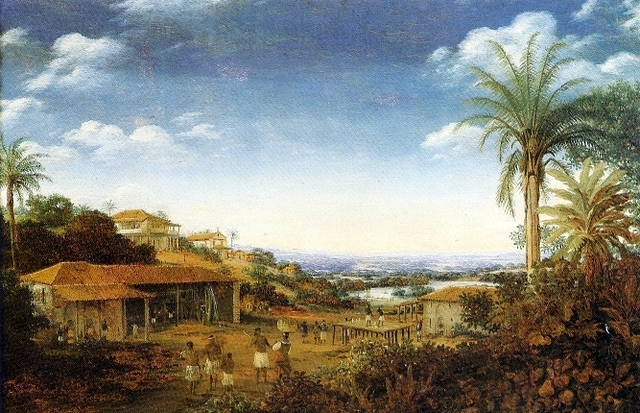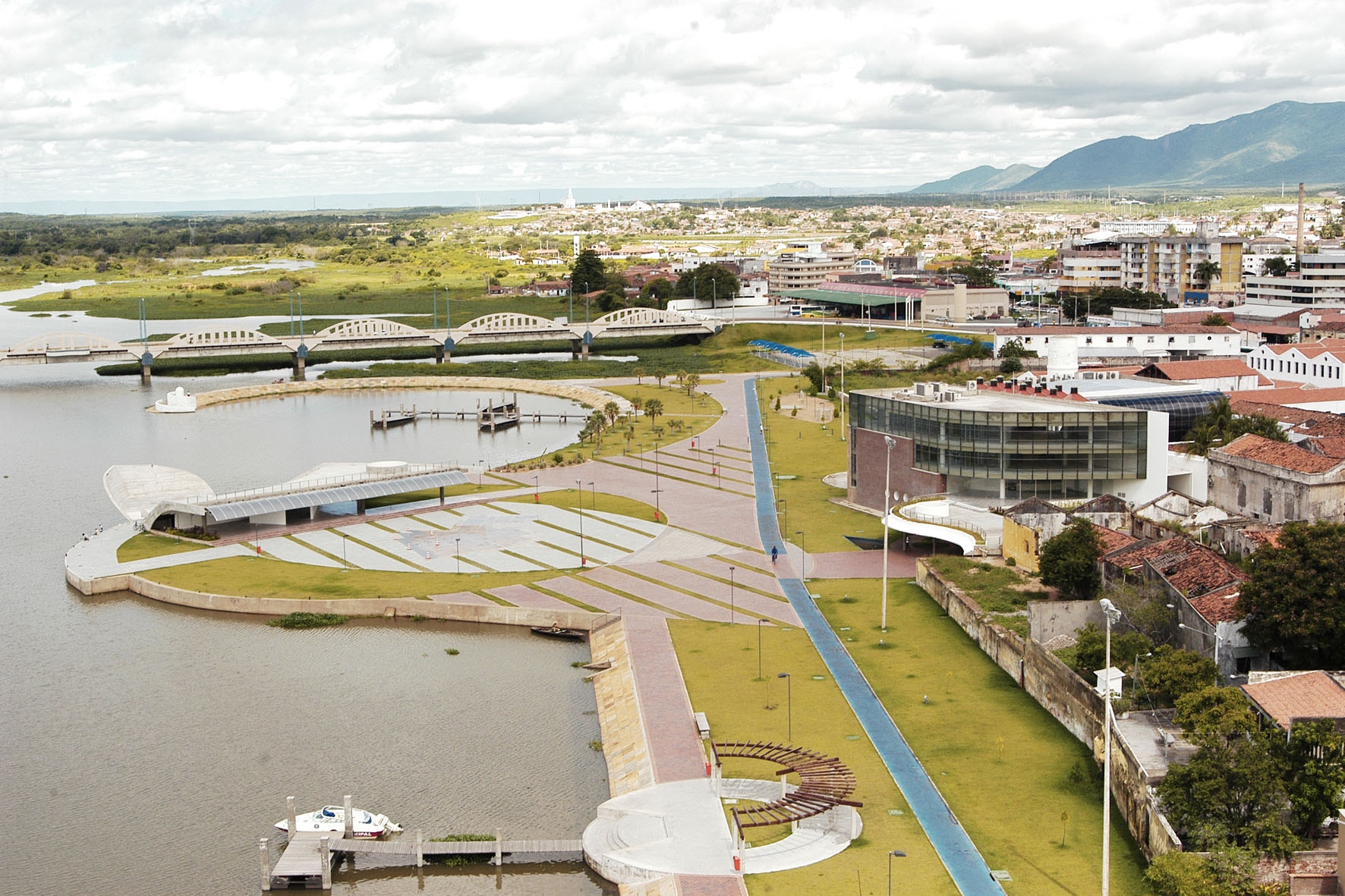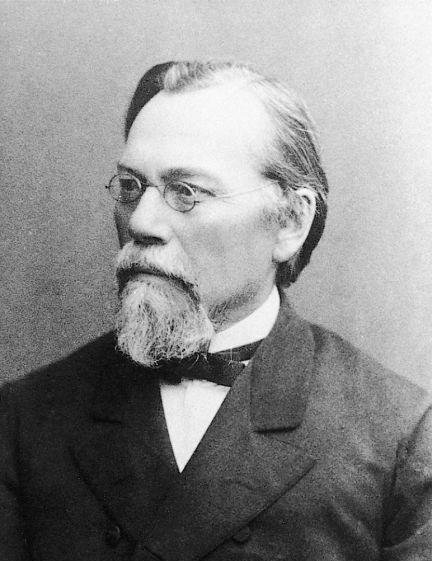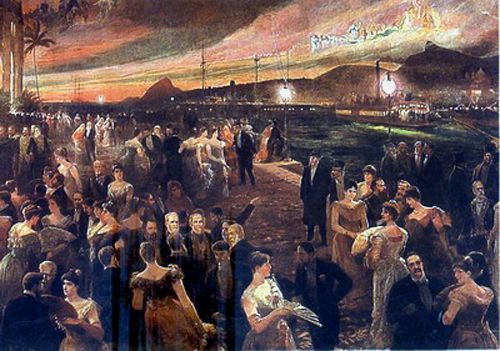|
Maria Tomásia Figueira Lima (1826-1902)
Maria Tomásia Figueira Lima (6 December 1826 – 1902) was a Brazilian aristocrat and abolitionist.Schumaher, Schuma; Vital Brasil, Érico (2000). ''Dicionário Mulheres do Brasil: de 1500 até a atualidade'' (in Portuguese). Editora Zahar. She was the cofounder of the Sociedade das Senhoras Libertadoras ou Cearenses Libertadoras, a group which was the first of its kind in the country that was formed and led exclusively by women. Biography Maria Tomásia Figueira was born 6 December 1826, in Sobral, a municipality in the interior of Ceará. She belonged to the traditional families Figueira de Melo, Xerez and Viriato de Medeiros. Her parents were Ana Francisca Figueira de Melo and José Xerez Furna. She moved to Fortaleza after marrying the abolitionist Abolitionism, or the abolitionist movement, is the political movement to end slavery and liberate enslaved individuals around the world. The first country to fully outlaw slavery was Kingdom of France, France in 1315, bu ... [...More Info...] [...Related Items...] OR: [Wikipedia] [Google] [Baidu] |
Slavery In Brazil
Slavery in Brazil began long before the Colonial Brazil, first Portuguese settlement. Later, colonists were heavily dependent on indigenous labor during the initial phases of settlement to maintain the subsistence economy, and natives were often captured by expeditions of bandeirantes (derived from the word for "flags", from the flag of Portugal they carried in a symbolic claiming of new lands for the country). The importation of African slaves began midway through the 16th century, but the enslavement of indigenous peoples continued well into the 17th and 18th centuries. Europeans and Chinese were also enslaved. During the Atlantic slave trade era, Brazil imported more enslaved Africans than any other country in the world. Brazil's foundation was built on the exploitation and enslavement of indigenous peoples and Africans. Out of the 12 million Africans who were forcibly brought to the New World, approximately 5.5 million were brought to Brazil between 1540 and the 1860s. Th ... [...More Info...] [...Related Items...] OR: [Wikipedia] [Google] [Baidu] |
Sobral, Ceará
Sobral is a municipality in the state of Ceará, Brazil. Sobral is the fifth largest municipality of Ceará, after Fortaleza. Its economy is based on agriculture, services and some manufacturing industries. The city has two public universities: Universidade Federal do Ceará and Universidade Estadual do Vale do Acaraú. It also has private universities, such as , Unopar, and − a theological institute. The city is the seat of the Roman Catholic Diocese of Sobral. The city is known for being the place where the astronomical observation of a solar eclipse on May 29, 1919, by a team of British scientists led by Sir Frank Watson Dyson was offered as the first proof of Albert Einstein's theory of general relativity General relativity, also known as the general theory of relativity, and as Einstein's theory of gravity, is the differential geometry, geometric theory of gravitation published by Albert Einstein in 1915 and is the current description of grav ..., whi ... [...More Info...] [...Related Items...] OR: [Wikipedia] [Google] [Baidu] |
Ceará
Ceará (, ) is one of the 26 states of Brazil, located in the Northeast Region, Brazil, northeastern part of the country, on the Atlantic Ocean, Atlantic coast. It is the List of Brazilian states by population, eighth-largest Brazilian State by population and the List of Brazilian states by area, 17th by area. It is also one of the main tourist destinations in Brazil. The List of capitals in Brazil, state capital is the city of Fortaleza, the country's fourth most populous city. The state has 4.3% of the Brazilian population and produces 2.1% of the Brazilian GDP. It is divided into 184 municipalities. Literally, the name ''Ceará'' means "sings the Aratinga, jandaia". According to José de Alencar, one of the most important writers of Brazil and an authority in Tupi Guaraní, ''Ceará'' means turquoise or green waters. The state is best known for its extensive coastline, with of sand. There are also mountains and valleys producing tropical fruits. To the south, on the border o ... [...More Info...] [...Related Items...] OR: [Wikipedia] [Google] [Baidu] |
Fortaleza
Fortaleza ( ; ; ) is the state capital of Ceará, located in Northeast Region, Brazil, Northeastern Brazil. It is Brazil's 4th largest city—Fortaleza surpassed Salvador, Bahia, Salvador in 2022 census with a population of slightly over 2.4 million—and 12th among cities with the highest gross domestic product. It forms the core of the Fortaleza metropolitan area, which is home to almost 4 million people. Fortaleza is an important industrial and commercial center of Northeast Brazil. According to the Ministry of Tourism (Brazil), Ministry of Tourism, it is the fourth most visited city and tourist destination in the country. The BR-116, the most important highway in the country, starts in Fortaleza. The municipality is part of the Mercosur common market, and vital trade port which is closest to mainland Europe, being from Lisbon, Portugal. To the north of the city lies the Atlantic Ocean; to the south are the Municipalities of Brazil, municipalities of Pacatuba, Ceará, Pacat ... [...More Info...] [...Related Items...] OR: [Wikipedia] [Google] [Baidu] |
Abolitionism
Abolitionism, or the abolitionist movement, is the political movement to end slavery and liberate enslaved individuals around the world. The first country to fully outlaw slavery was France in 1315, but it was later used in its colonies. The first country to abolish and punish slavery for indigenous people was Spain with the New Laws in 1542. Under the actions of Toyotomi Hideyoshi, chattel slavery has been abolished across Japan since 1590, though other forms of forced labour were used during World War II. The first and only country to self-liberate from slavery was a former French colony, Haiti, as a result of the Revolution of 1791–1804. The British abolitionist movement began in the late 18th century, and the 1772 Somersett case established that slavery did not exist in English law. In 1807, the slave trade was made illegal throughout the British Empire, though existing slaves in British colonies were not liberated until the Slavery Abolition Act 1833. In the U ... [...More Info...] [...Related Items...] OR: [Wikipedia] [Google] [Baidu] |
1826 Births
Events January–March * January 15 – The French newspaper ''Le Figaro'' begins publication in Paris, initially as a satirical weekly. * January 17 – The Ballantyne printing business in Edinburgh (Scotland) crashes, ruining novelist Sir Walter Scott as a principal investor. He undertakes to repay his creditors from his writings. His publisher, Archibald Constable, also fails. * January 18 – In India, the Siege of Bharatpur ends in British victory as Lord Combermere and Michael Childers defeat the princely state of Bharatpur, now part of the Indian state of Rajasthan. * January 30 – The Menai Suspension Bridge, built by engineer Thomas Telford as the first major suspension bridge in world history, is opened between the island of Anglesey and the mainland of Wales. * February 6 – James Fenimore Cooper's novel ''The Last of the Mohicans'' is first printed, by a publisher in Philadelphia. * February 8 – Unitarian Bernardino Rivadavia becomes the first Pr ... [...More Info...] [...Related Items...] OR: [Wikipedia] [Google] [Baidu] |
1902 Deaths
Events January * January 1 ** The Nurses Registration Act 1901 comes into effect in New Zealand, making it the first country in the world to require state registration of nurses. On January 10, Ellen Dougherty becomes the world's first registered nurse. ** Nathan Stubblefield demonstrates his Mobile phone, wireless telephone device in the U.S. state of Kentucky. * January 8 – A train collision in the New York Central Railroad's Park Avenue Tunnel (railroad), Park Avenue Tunnel kills 17 people, injures 38, and leads to increased demand for electric trains and the banning of steam locomotives in New York City. * January 23 – Hakkōda Mountains incident: A snowstorm in the Hakkōda Mountains of northern Honshu, Empire of Japan, Japan, kills 199 during a military training exercise. * January 30 – The Anglo-Japanese Alliance is signed. February * February 12 – The 1st Conference of the International Woman Suffrage Alliance takes place in Washing ... [...More Info...] [...Related Items...] OR: [Wikipedia] [Google] [Baidu] |
Brazilian Abolitionists
Brazilian commonly refers to: * Brazil, a country * Brazilians, its people * Brazilian Portuguese, its dialect Brazilian may also refer to: * "The Brazilian", a 1986 instrumental music piece by Genesis * Brazilian Café, Baghdad, Iraq (1937) * Brazilian cuisine ** Churrasco, or Brazilian barbecue * Brazilian-cut bikini, a swimsuit revealing the buttocks * Brazilian waxing, a style of pubic hair removal * Mamelodi Sundowns F.C., a South African football club nicknamed ''The Brazilians'' See also * Brazil (other) * ''Brasileiro'', a 1992 album by Sergio Mendes * Brazilian jiu-jitsu, a martial art and combat sport system * Culture of Brazil * Football in Brazil Association football, Football is the most popular sport in Brazil and a prominent part of the country's national identity. The Brazil national football team has won the FIFA World Cup five times, the most of any team, in 1958 FIFA World Cup, ... {{Disambiguation Language and nationality disambiguation page ... [...More Info...] [...Related Items...] OR: [Wikipedia] [Google] [Baidu] |
Brazilian Nobility
The Brazilian nobility () refers to the titled aristocrats and fidalgo people and families recognized by the Kingdom of Brazil and later, by the Empire of Brazil, dating back to the early 19th century, when Brazil ceased to be a colony of the Kingdom of Portugal. It held official status until 1889, when a military coup d'état overthrew the monarchy and Proclamation of the Republic (Brazil), established the First Brazilian Republic. History The Brazilian nobility originated from the Portuguese nobility, during the time of colonial Brazil; the noble titles were a sign of political power among the elite. Some of the nobles were members of Portuguese noble lineages and even of the high nobility, especially the Quatrocentão, families that arrived during the first centuries of the colonization of Bahia, Sergipe, Pernambuco, Rio de Janeiro and São Paulo. The elevation of Brazil to the status of Kingdom of Brazil, Kingdom, under the United Kingdom of Portugal, Brazil and the Algarves i ... [...More Info...] [...Related Items...] OR: [Wikipedia] [Google] [Baidu] |
Women Founders
A woman is an adult female human. Before adulthood, a female child or adolescent is referred to as a girl. Typically, women are of the female sex and inherit a pair of X chromosomes, one from each parent, and women with functional uteruses are capable of pregnancy and giving birth from puberty until menopause. More generally, sex differentiation of the female fetus is governed by the lack of a present, or functioning, '' SRY'' gene on either one of the respective sex chromosomes. Female anatomy is distinguished from male anatomy by the female reproductive system, which includes the ovaries, fallopian tubes, uterus, vagina, and vulva. An adult woman generally has a wider pelvis, broader hips, and larger breasts than an adult man. These characteristics facilitate childbirth and breastfeeding. Women typically have less facial and other body hair, have a higher body fat composition, and are on average shorter and less muscular than men. Throughout human history, traditional g ... [...More Info...] [...Related Items...] OR: [Wikipedia] [Google] [Baidu] |






